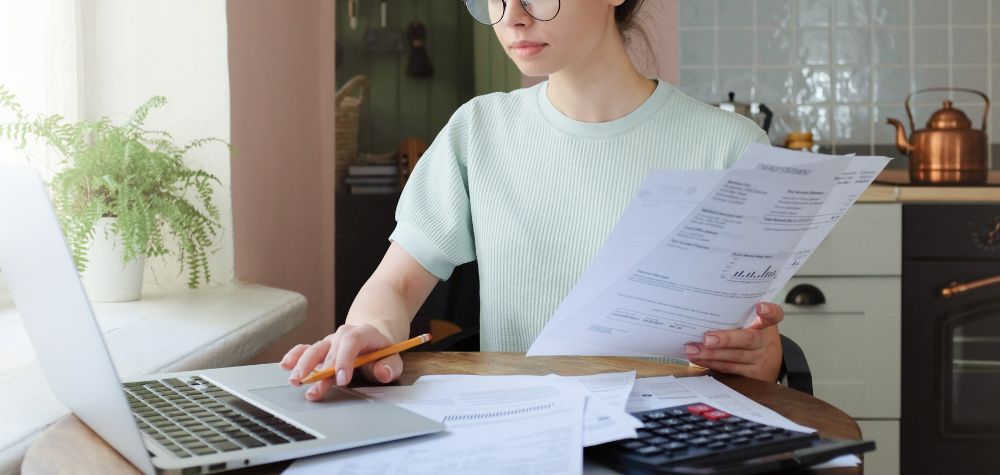
Lodging your tax return for the 2021-22 financial year?
As registered tax agents, we are able to assist you with the process of lodgement to ensure your compliance with the requirements of the ATO.
To ensure that your return is correct, here are our top nine key items to be aware of.
Did you receive either a COVID-19 support payment or a natural disaster payment from the government to assist you in trying times? You need to check whether or not what you received needs to be included in this year’s return, as there may be different tax treatments depending on the payment (e.g COVID-19 Disaster Payment is not taxable).
If you are claiming a deduction on Rapid Antigen Tests for work-related purposes, you need to be certain that they are eligible. That is, from 1 July 2021, to claim a deduction for the cost of a COVID-19 test, you must:
You can only claim a deduction for the COVID-19 tests you paid for that were used by you to determine whether you may attend or remain at work.
If claiming work from home expenses in this year’s return, you can calculate it through the temporary shortcut method (all-inclusive), fixed-rate or actual cost methods (as long you meet eligibility & record-keeping requirements of the method that you chose. You also need to make sure that you don’t add additional expenses that are already included when using the temporary shortcut or fixed rate methods.
Make sure you have the correct records to back up your deduction claims as no receipts, logbooks or diary entries means no deduction.
Your bank interest statement is one of the records that the Australian Tax Office uses to pre-fill your return with high-certainty data – however, sometimes this isn’t ready as soon as your return is. This is because it is up to your bank to provide the ATO with this information for their pre-fill service, and some smaller banks may not be able to complete this until after July. As this is high-certainty data, it is data that can cause the ATO to red flag your return for audit purposes if it does not match what their records say if you elect to fill it. If you make changes to any bank interest pre-fill information where there is a certainty indicator, you’ll need to provide a reason for the adjustment.
Don’t get caught out by the ATO by trying to be clever with crypto & NFTs as it is not worth it in the long run.
Any capital gains or losses on disposal of crypto assets (coins, tokens and non-fungible tokens) during the 2021–22 financial year will need to be declared. If you received staking rewards or airdrops, make sure to include these as ordinary income. If you are in the business of trading crypto, income tax will also apply.
Did you receive any income from your rental property throughout the financial year? This needs to be reported in their return. This includes income from short-term rental arrangements, insurance payouts and bond money that was retained.
If you have an outstanding tax return due as of 30 June, your tax return due date is 31 October 2022 (if lodging through a tax agent/accountant). If all overdue prior year tax returns are lodged by 31 October, the tax return for the financial year will be due according to the normal lodgement program.
If you are lodging your tax return through an accountant and an exceptional or unforeseen situation occurs that impacts the process, don’t panic. Depending on the issues they may face, your accountant may be entitled to a lodgement program deferral or a supported lodgement program. We are able to discuss our options with the ATO to ensure the impact on you is minimised.
When it comes to your tax return, consulting with us is always a recommended course of action. As your trusted advisor, we are the mediators between you and the ATO when it comes to your tax return and any issues that may arise.